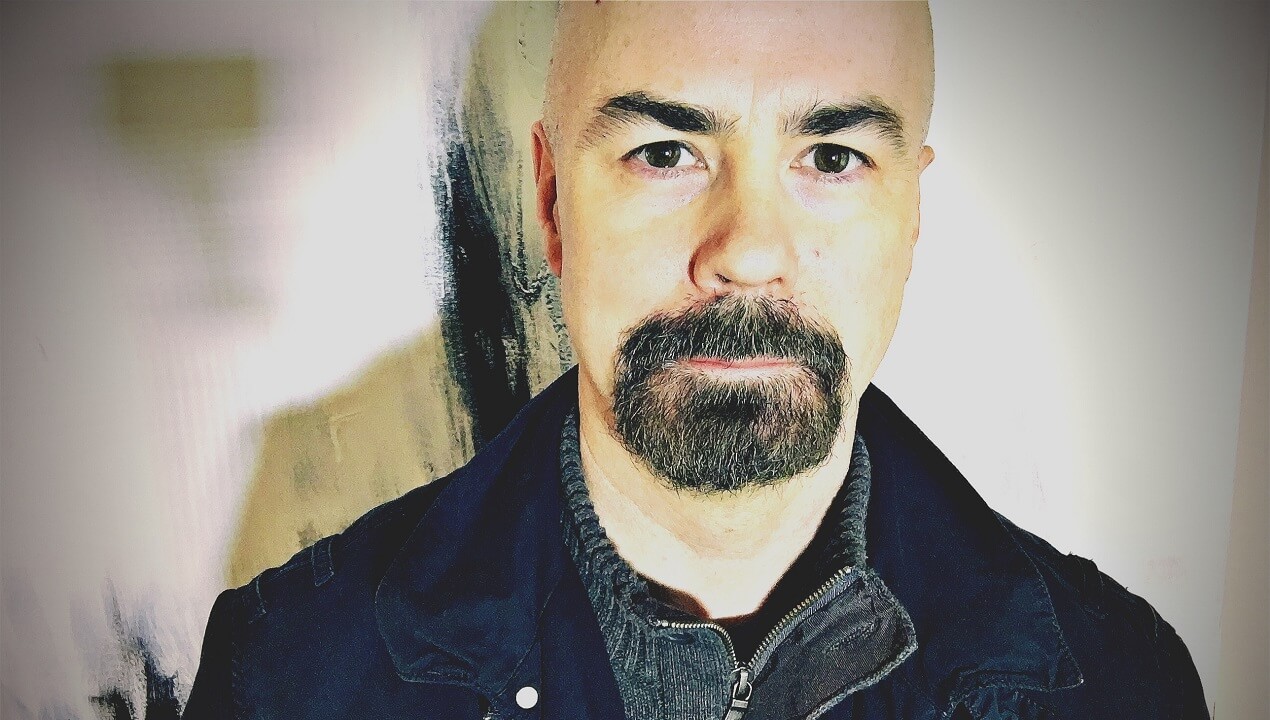Introduction: Michael Bross is a veteran composer in the video game industry. He has worked on well-known series such as Ratchet & Clank, and Oddworld. Recently he was kind enough to do an interview with us about his career, and today we are bringing that interview to you.
What got you started working in video games? Was it something that you were always interested in or did you come into it by coincidence?
I started playing music at age 7, and around about 15 years of age, I realized I wanted to make a living from music somehow. After studying music intensely at college, my initial focus was to work as a songwriter. But it was tough to start out making a living. To pay the bills, I worked as a bicycle messenger after my first year of college. Then, I did other things like working in a warehouse while I was working on music by night. After about 3 years of this, I came across a video game job posting where a company was looking for a composer. The position sounded pretty interesting. I submitted a demo and the interview process took over 3 months. After my first on-site interview, I didn’t hear from them for a month and thought they decided to go with someone else.
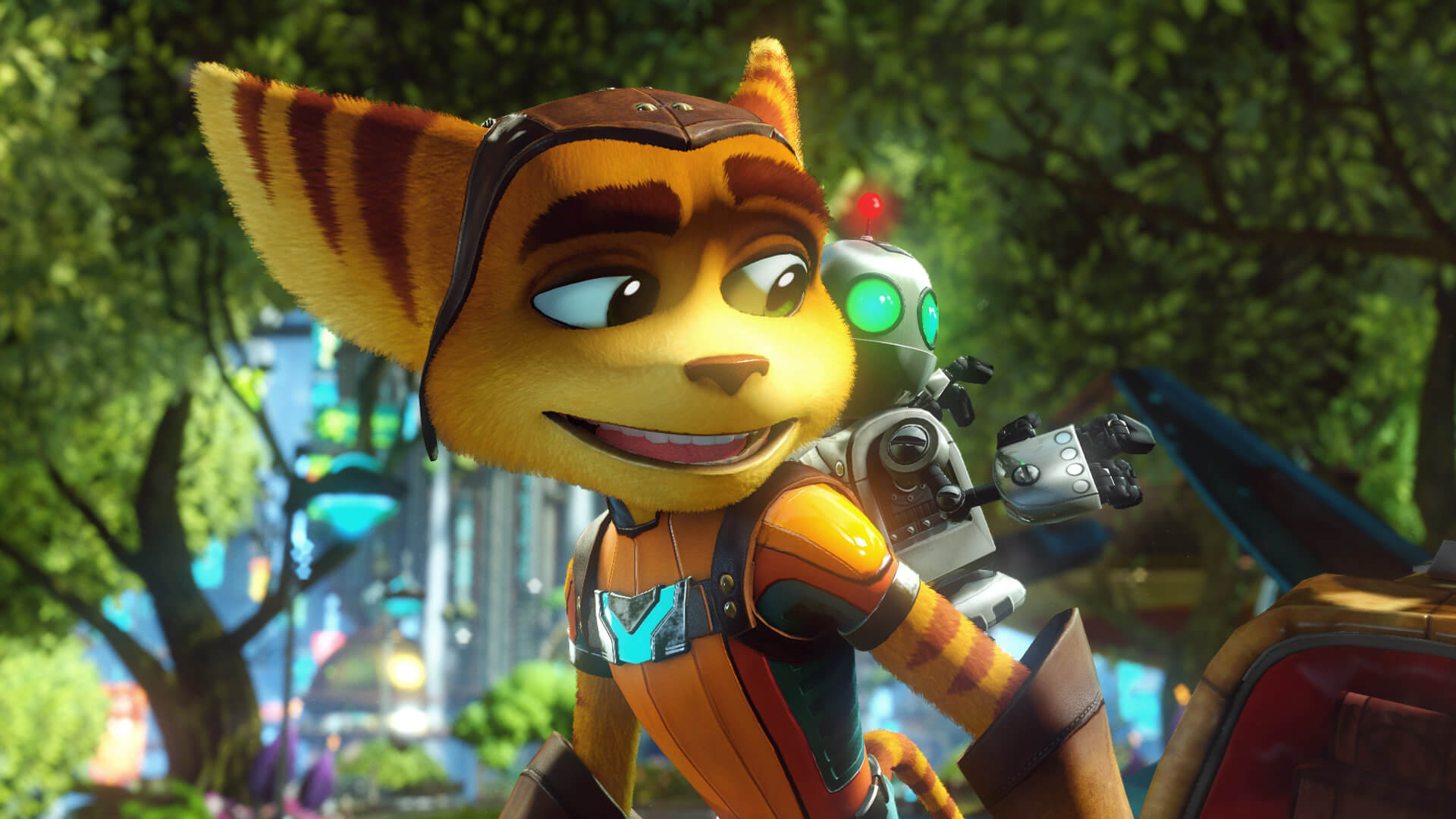
The video game industry has gone through incredible changes in the last 20 years. Can you tell us a bit about how composing for games has changed from the time you worked on what we believe was your first game Dragonsphere back in 1994, to your most recent work on Ratchet & Clank and Oddworld?
It’s totally changed. Technology was very limited back then when it came to game audio. We were dealing with very small amounts of memory (under 1MB for all sound). I was envious of film composers at the time because they were using big orchestras and live musicians and all I had was a cheap synthesizer chip on a computer audio card to create for. My frustration came from that the fact it wasn’t very expressive and, on top of that, I had to figure out all the technical stuff myself since there was no one else on the team who knew much about it. It felt like being alone on an island. I made a ton of mistakes and stupid decisions. Some days I wanted to quit but, looking back, learning the hard way was truly valuable and I’m now delighted I stuck it out because, especially over the last 15 years, it’s been a fabulous time to be working on games. The tech is interesting, there’s tons of room for creativity, and I get to work with smart people who challenge me.
Dragonsphere wasn’t my first game. My first was XF5700 Mantis Experimental Fighter from Paragon Software. This was one of the earlier games to actually use real voice and even video! Again, like I mentioned, the tech was the limiting concern for game audio. I was really learning as I was doing. The market was much smaller than it is now. I seem to recall this game selling over 100,000 units, which was huge back then. If we fast forward to games to the present with games like Oddworld or Ratchet & Clank, the development process is more sophisticated. The opportunity available now is to create music and sound design that is expressive and full of depth. The teams are bigger. The tools that we use to implement music and sound into games are powerful and flexible. It’s exciting.
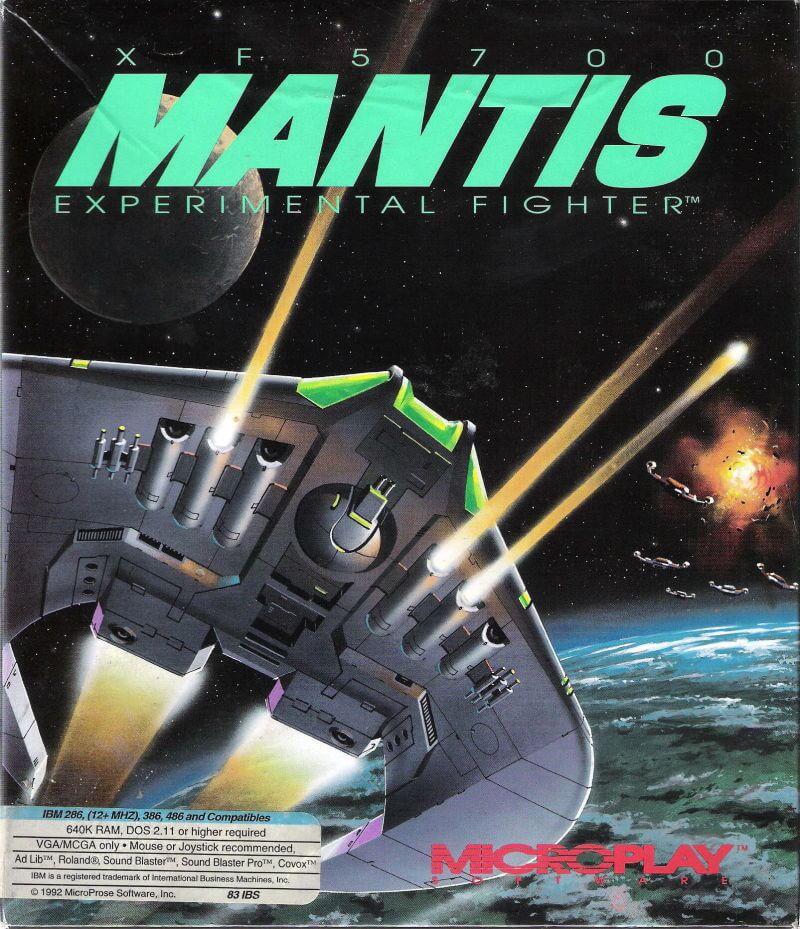
You have been a composer on a large number of games, do you have one in particular that stands out as your favorite?
Not really a single one. For Oddworld, I was most pleased with Oddworld Stranger’s Wrath and also New ‘N Tasty. For the Ratchet & Clank series, probably the game that’s about to come out this April is what stands out.
If you could go back and change any of your previous work would you?
Oh man, I’d always like to change everything! It’s just the nature of being an artist. Or a perfectionist. Or maybe both. Some days I listen to something I finish, and think, “OK, that’s pretty good” and then I might listen to the same thing a week later and panic because I notice I could have done this or that detail better.
The best thing to do, especially if it’s shipped out the door to the world, is to move onto the next thing and not get too hung up about the imperfections because everything has imperfections. It’s the journey within the work that’s more important. I believe that. Sometimes it’s hard for me to take that to heart, but I believe it.
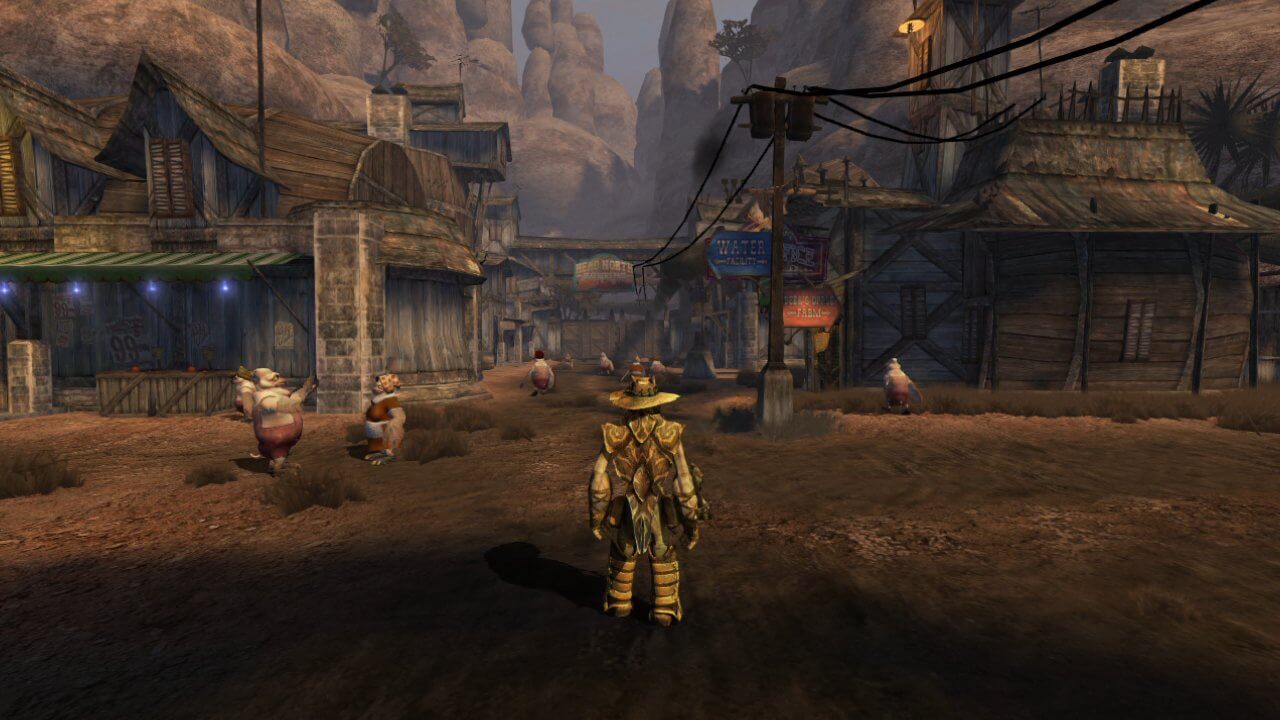
Is there a video game series that you are a fan of and would like to have the chance to work on if given the opportunity?
Wasn’t there a rumor that “Last of Us 2” was being developed? I don’t know, but that would be a cool series to be part of. Or maybe if there’s a sequel to “Ori and the Blind Forest”.
Not necessarily part of a series, I’d love to work on “Below” with Capybara Games but they probably already have a composer on it. I played their “Superbrothers: Sword and Sworcery” game and it’s peculiar as hell and one of my favorites.
Next up we have a question we always like to ask those involved in creating games. Do you spend much time playing the games that feature your music?
Sometimes, but never extensively. After being involved so closely and intensely on a game, sometimes for up to 3 years, I have a different perspective on it. It’s hard to play objectively and just enjoy it for what it is.
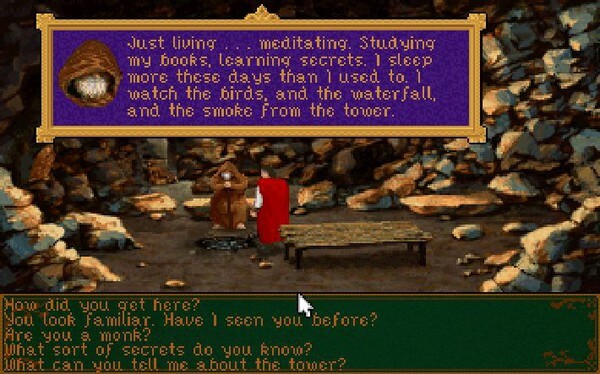
Would you have any advice for someone aspiring to compose music for video games on a professional level?
Here are 6 pieces of advice, all to the point:
-Write a lot of music. Everyday. No matter what. At least 30 seconds a day.
-Don’t learn just to write music but to also produce and mix it.
-Don’t be afraid to make mistakes or fail.
-Do something every day that scares you. It will make you stronger.
-Get involved with game jams. It’s going to be a great place to meet and work with people.
-Understand that creating games is all about collaboration and that to work on games you need to learn to collaborate with others. Otherwise, nobody will want to work with you.
Closing note: I just wanted to take a moment to sincerely thank Michael Bross for taking the time out of his surely busy schedule to do this interview for us, and for you our readers. If you’d like to learn more about him you can check out his website here. It was an honor to be able to talk to him and I really hope that you found his words and informative and engaging as I have. From everyone here at The Nerd Stash, thank you, Mr. Bross.

